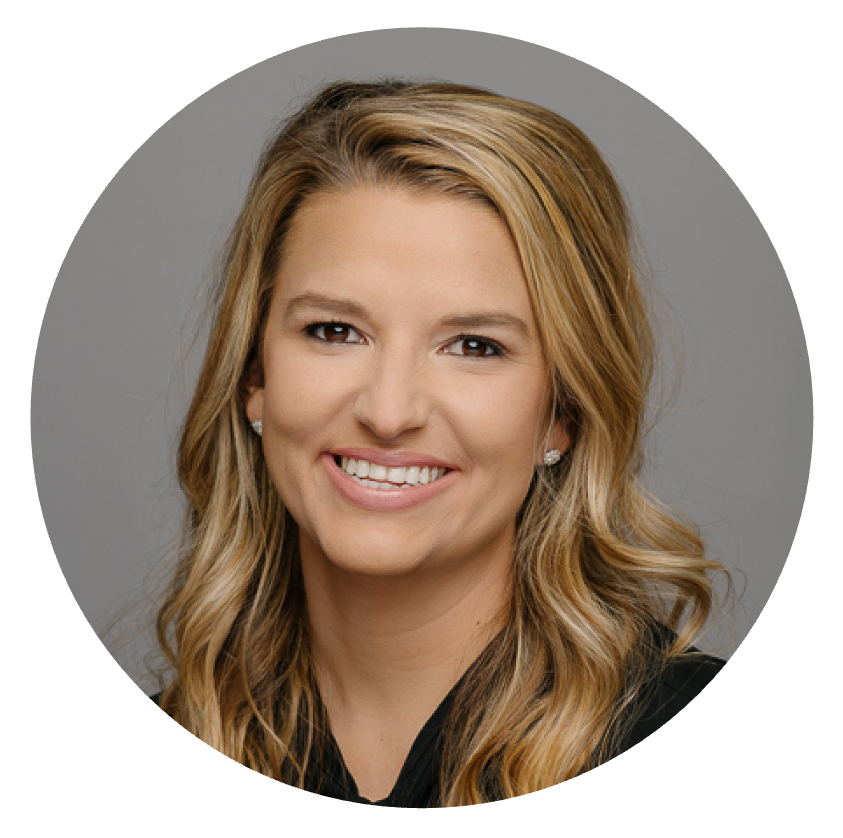Founder’s Five: Alan Forbes, F.I.R.S.T. Institute
October 18, 2024 Founder's FiveFounder’s Five is a continuing series from Tyton Partners that invites education company founders to shed light on…
Founder’s Five is a continuing series from Tyton Partners that invites education company founders to shed light on their own success and illuminate the landscape for other education entrepreneurs and investors by answering five basic questions.
Guild works with the nation’s largest employers —including Walmart, Disney, and Chipotle — to offer strategic education and upskilling to their employees by connecting them to a learning marketplace of the nation’s best universities and learning providers and supporting their success with coaching. Sponsored employees gain access to institutions like Oregon State University, Paul Quinn College, Rio Salado College, Southern New Hampshire University and eCornell, as well as certifications in technical skills like Salesforce Administration and GoogleIT — with tuition paid by their employers. Guild has been named a Fast Company Most Innovative Company, Top Woman-Owned Business of the Year, Employee Initiative of the Year and was one of only three female-led companies listed on the Forbes Cloud 100 2019 List . Guild is a certified B-corp. Guild has raised $553.5 million, including $175 in a round in June 2022 which valued the company at $4.4 billion.
 What is your company’s origin story?
What is your company’s origin story?Guild grew out of research that showed the clear connection between college, learning, and career. This led us to think about large employers and particularly ways that their traditional education programs could be improved. We focused on transforming tuition reimbursement so that employers could pay directly, and so learners didn’t need to go into debt. We built a scalable solution that included high quality coaching and other services working adults would need. Coaching was a major insight: It is critical to find ways to strengthen resilience in education, eliminate shame, and build confidence for our learners. We used these important founding principles— the connection between education and career, the need to eliminate cost and prevent debt altogether, and an ability to deliver high quality coaching and support service — to create Guild. Our first major client was Chipotle.
 How will the market be changed by your company’s success?
How will the market be changed by your company’s success?We think in a lot of ways the market has already been changed.

The ‘future of work’ is here. It’s created a new dynamic between employers and workers. When Guild started, educational benefits — particularly for frontline or hourly workers — were not commonly offered, and not offered in a way they could take advantage of them. Now they’re table stakes.
Rachel Romer carlson
The other thing we see from a market perspective is that in a historic labor environment — where demand for frontline workers remains stronger than ever — these workers want career mobility. And more than three out of four of them feel unequipped with skills they need to thrive or advance. Forward thinking employers are seeing this and embracing investments in career mobility pathways as a must have and a key differentiator. These companies want to retain and attract talent, and they realize they need to do this work. We feel like our company is positioned to meet a unique moment. We see incredible momentum and a real change in a way of thinking here.
 What do you know now that you wish you had known when you began?
What do you know now that you wish you had known when you began?I’ll pick something operational. I love to brainstorm and ideate. I’m creative and nonlinear in my thinking. Guild has a strong culture around brainstorming and we’ve benefited from that historically. The downside to this is that sometimes the transition from big ideas to operational work could be crisper. As a CEO directing next steps or follow ups in a simplified way is not always my greatest strength. This is an area of development for me, and at a company-wide level I’m sure we could have done more on this front earlier.
 What non-intuitive insight have you gained through this work?
What non-intuitive insight have you gained through this work?We debunked the notion that big employers can’t, or won’t, invest in workers’ education and long-term career pathways. For a long time, there was an idea that these types of investments were cost centers or didn’t benefit businesses in a significant way. The last few years, the momentum we’ve seen for our work, and the kind of return-on-investment companies get when they engage in this work, has put this notion to rest.
 What other education company besides your own do you wish you had started?
What other education company besides your own do you wish you had started?I’ll say Modern Health. They’re a company whose services we offer to Guild employees and we’re grateful to offer them. I will bet that most people don’t think of mental health-focused companies as “education companies” per se, but I think they are — they’re raising awareness and helping people understand more about what they may need to thrive. This is a space I really admire. One thing we are trying to do at Guild is address a big, societal problem at scale — a lack of opportunity and lack of necessary education and skills for millions of workers. I will always admire companies that tackle the biggest problems in a way designed to scale — to increase accessibility to a solution they might not have.